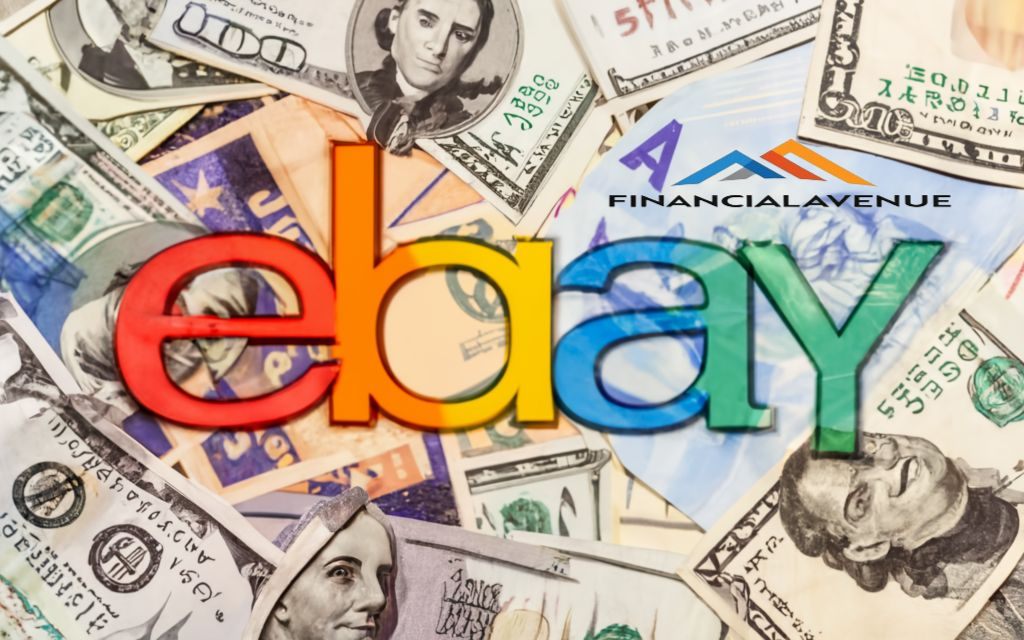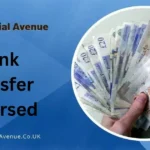eBay hosts over 1.5 billion listings at any given time, but among all those deals are scammers running rampant, trying to take advantage of unsuspecting shoppers. Therefore, you might be wondering, is eBay safe?
While eBay provides convenience as an online marketplace for everything from sports memorabilia auctions to the latest gadgets, users must educate themselves on common internet sales scams to avoid falling victim when making purchases on this global e-commerce platform.
This article will detail the most prevalent eBay frauds and provide readers with the knowledge needed to detect and prevent schemes that undermine the safety, security, and trustworthiness of the site. Follow these tips and recommendations to protect yourself, avoid risk, and buy with confidence that your transaction will be problem-free.
Fake Second Chance Offers
A deceitful tactic on the rise takes advantage of eBay’s Second Chance Offer feature, which allows sellers to contact interested bidders who did not win an auction.
Scammers send out fake second chance offers to lure potential buyers off the site, then scam them directly via email or text.
Warning signs of this scam include:
- Misspellings and poor grammar
- Suspicious links to external sites
- High pressure tactics urging fast payment
A recent victim reported receiving a text message claiming they had another chance to purchase an iPhone for hundreds below market value if they acted quickly. However, the shortened link led to an unrelated website.
By recognizing these red flags, savvy eBay users can avoid being fooled by fraudulent communications leveraging the trusted Second Chance offer messaging system.
Discover Disadvantages of Using A Debit Card Abroad
High-Value Item Extortion
Another scheme on the rise involves scammers targeting listings for expensive items, such as electronics, designer goods, or jewelry.
They will use stolen credit cards or bank accounts to make fake high-dollar purchases.
Once the item ships, the con-artist reverses the fraudulent payment. Then the con-artist bombards the seller with threats and demands for immediate payment of exorbitant “return shipping fees” to get the item back or else face legal action. Many honest sellers cave under the pressure, only to lose both the item and the payment.
According to Federal Trade Commission (FTC) reports, complaints of these extortion scams have skyrocketed, causing millions in losses just in 2022.
Sellers can protect themselves by securing legitimate payment for all big ticket items before shipping anything. If you fall prey to this scam, report it immediately to authorities. Engaging with extortionists tends to invite more harassment.
Is Chase Bank Ethical? Learn in this post.
Phishing Emails and Links
One hazard facing all eBay users is phishing scams – fraudulent emails strategically impersonating legitimate companies. Scammers send messages mimicking eBay communications in hopes users will click dangerous links or input sensitive login or financial information.
Watch for these common red flags:
- Generic greetings like “Dear eBay user”
- Threatening language demanding immediate account updates
- Suspicious links beginning with http instead of https
Never enter your account credentials or personal info after clicking a link from an unsolicited email, no matter how realistic it looks. Instead, navigate directly to eBay via your browser if notifications require account attention.
Safeguarding Your eBay Account
While site-wide protections aim to foster trust in eBay as a safe, secure marketplace, the onus falls on individual users to implement vital account precautions.
Prioritize strong password hygiene using these expert tips:
- Utilize 12+ random characters, upper and lower case letters, numbers and symbols
- Avoid dictionary words or personal info
- Enable two-factor authentication
- Change passwords every 90 days
- Use a unique password for eBay vs other sites
Also be vigilant about:
- Monitoring purchase history for unfamiliar activity
- Reporting suspicious transactions or behavior
- Updating to the newest site and app versions
| Scam Type | Percent Affected | Average Loss |
|---|---|---|
| Fake Second Chance Offers | 8% | $250 |
| High-Value Item Extortion | 12% | $1700 |
| Phishing Links and Emails | 19% | $300 |
(Statistics from 2022 Internet Crime Report)
Taking preventative measures greatly reduces your risks as an eBay community member striving to buy and sell safely.
Learn more: Can You Get Euros from the Post Office Without Ordering?
Conclusion
While the eBay marketplace provides endless buying and selling possibilities, users must educate themselves regarding prevalent scams that undermine the platform’s trustworthiness.
This article outlined the most common schemes like fake Second Chance offers, seller extortion, and phishing attempts…along with tangible tips to identify and avoid fraud. Reporting any issues promptly can also help secure the integrity of auctions and listings.
By staying vigilant for red flags and applying the recommendations around account security, password protocols, and scam prevention, eBay can remain a safe, risk-free environment to exchange goods globally. Carefully following this advice allows shoppers to focus on the thrill of the hunt for one-of-a-kind items rather than worrying about cybercriminals.

Daniel, a seasoned professional with over 5 years of experience in banking, property, and finance, brings a wealth of expertise to the table. This authoritative blog is meticulously curated to provide you with the most up-to-date financial insights. Delving into the dynamic realms of banking and mortgages, Daniel’s passion for finances shines through every post.










